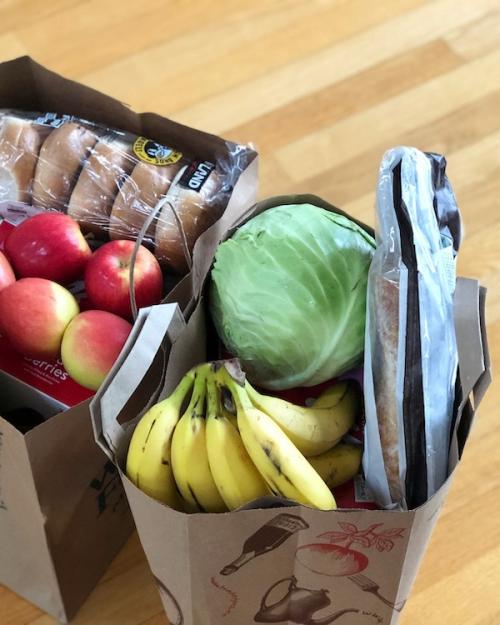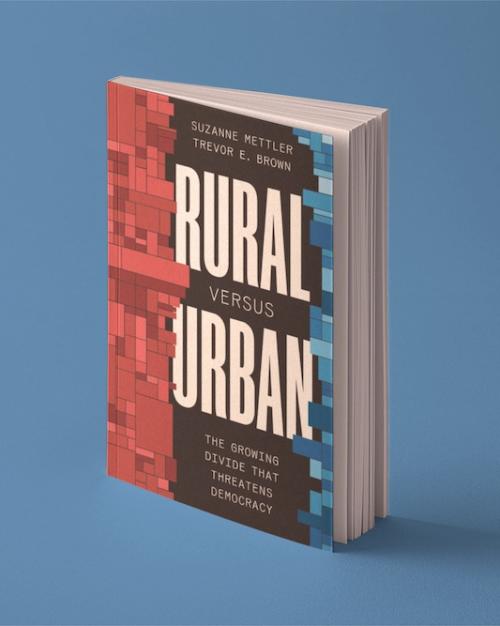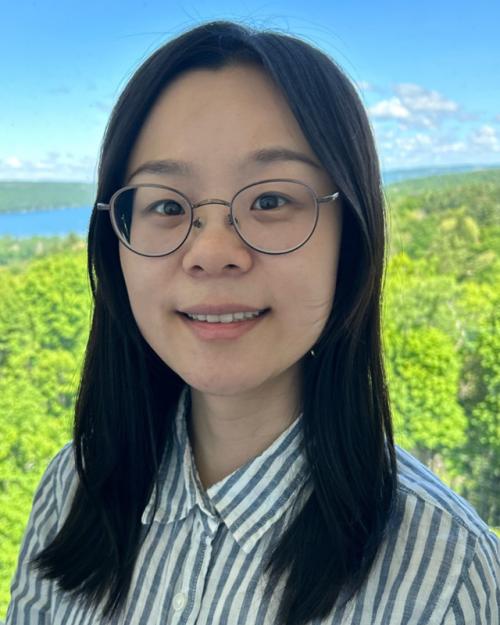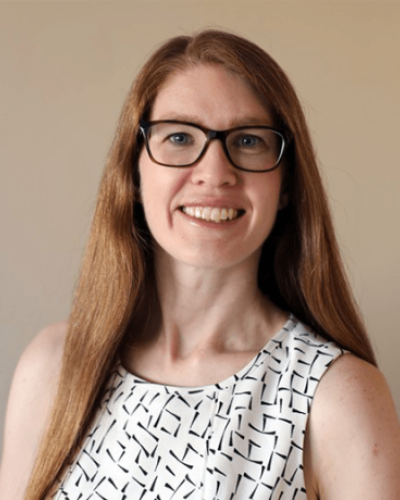Q&A with Alumna Caitlin Corner-Dolloff '08
College of Arts & Sciences
Major: Participatory Environmental Management
Minor: Biology, Inequality Studies
Activities: Society for Natural Resource Conservation, Roots and Shoots, Pi Beta Phi, Hairston Limnology Lab
What is your current position, organization, and responsibilities?
I am the Team Lead for Resilient Agriculture capacity building programs in the U.S. Department of Agriculture's Foreign Agricultural Service. Prior to that I was a climate change adaptation specialist at the International Center for Tropical Agriculture (CIAT in Spanish), and have been based in Vietnam, Colombia, and Kenya. I design and implement programs globally (25+ countries so far!) to build the technical capacity of policymakers, researchers, extension officers, and producers to achieve climate adaptation and mitigation goals through agriculture development. I currently collaborate with other U.S. government agencies, including the U.S. Agency for International Development and the Department of State, to link expertise from USDA and U.S. Land Grant Universities, like Cornell, with country partners, such as Ministries of Agriculture, to achieve joint policy goals.
How has your career/work intersected with topics of inequalities?
My career has focused on addressing challenges at the intersection of environmental change and poverty reduction, mostly in rural areas of low- and lower-middle-income countries. The majority of people in these areas are farmers and their agricultural livelihoods are especially vulnerable to climate change. Action at this nexus requires navigating complex inequalities and power dynamics across levels that make it challenging for smallholder farmers to access the resources they need to cope with or adapt to socio-economic and environmental changes and the impacts of globalization.
How did the Minor prepare/assist you in your post-Cornell life?
This minor arguably shifted not only my career path but how I engage with the information and people around me. I was challenged to interrogate power-structures and understand experiences outside my own. I came from a biophysical science background and through the minor developed a new socio-political lens for understanding how knowledge is created and given value, and how that translates into what knowledge, and from whom, gets used in decision-making. I learned methods to analyze patterns of inequality and gained tools to create inclusive opportunities for addressing them.
Two of the course that most influenced my work were Paul Ebert’s “Comparative Issues in Social Stratification,” which taught me how to identify and quantify differentiated impacts of socioeconomic conditions, and Davydd Greenwood’s “Democratizing Research,” which opened my eyes to the Action Research community and the power that engagement processes have on the equitability of decision-making. My programs have incorporated these lessons in our activities to develop evidence-based approaches for collective action and iterative decision-making. For example, I have recently worked with the Kenyan and Tanzanian governments to implement their climate-smart agriculture programs. This required using data to identify the impacts that different land use management practices would have on people, the environment, and the economy. We then brought stakeholders together to create shared goals and to debate what impacts are most important so that practices could be prioritized and new projects could be developed to implement those priorities. All policy and investment decisions have tradeoffs, and the more transparent we can be about who benefits and who loses the more we can improve policy and programming to address inequalities.
What advice would you offer current students?
Take an interdisciplinary approach to understanding the problems you want to tackle. Recognize your unconscious values and biases. Challenge yourself to find value in different types of knowledge, and learn to see what that can bring to the table and seek it out. It’s hard to find time later in your career to gain expertise on analytic tools and to tackle new concepts thoroughly, so take advantage of the space at Cornell and meet with professors directly as their comments are as valuable as reading books!





